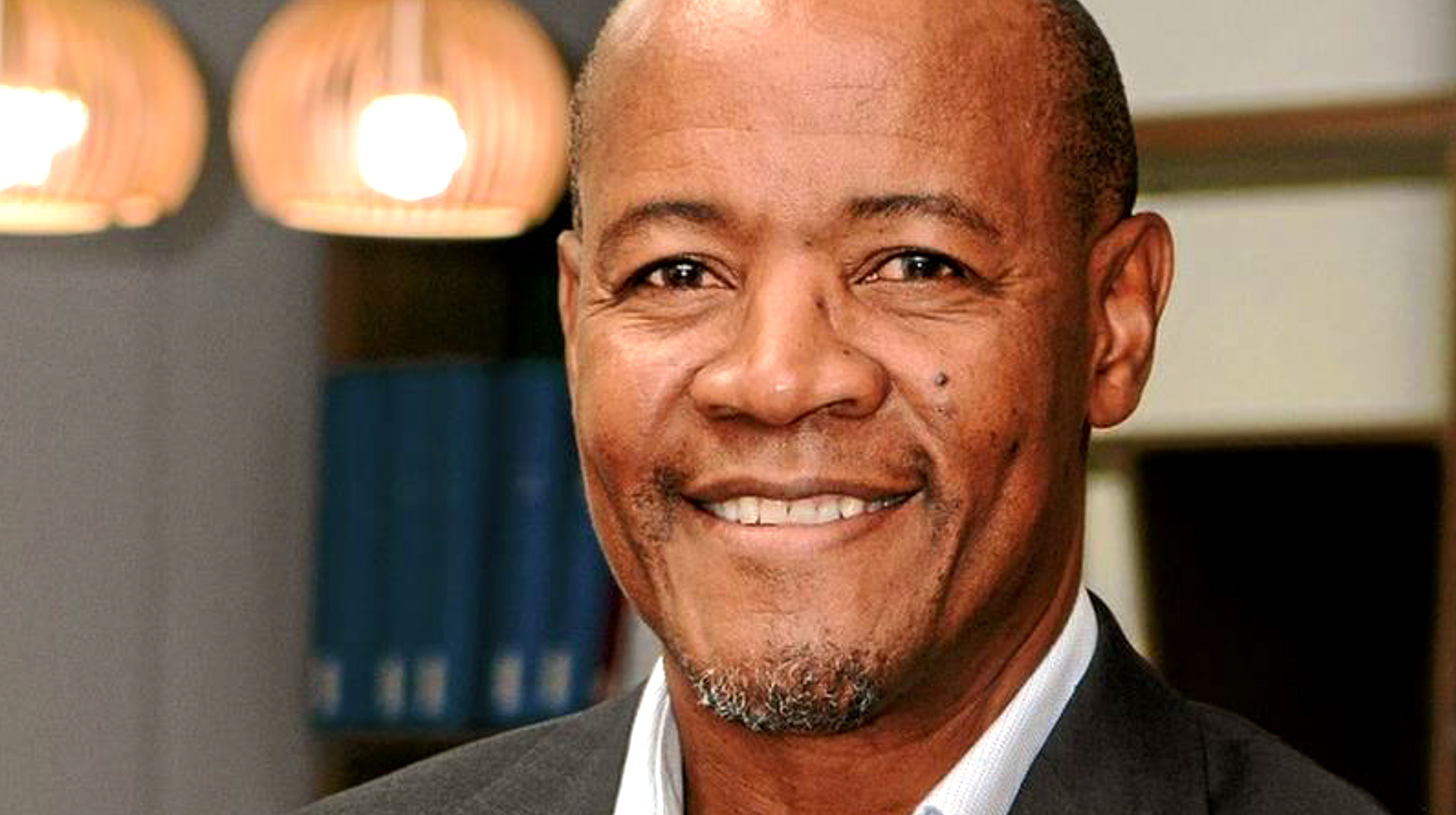The overhauling of operations at the National Student Financial Aid Scheme (NSFAS) is under way, according to administrator Freeman Nomvalo. He was speaking to reporters in Pretoria on Monday, 27 May.
Nomvalo was appointed by Higher Education Minister Blade Nzimande after he dissolved the NSFAS board in April.
Nomvalo said they were reviewing the NSFAS systems and appointing a task team that involved student accommodation service providers. The team was expected to report back to him in September.
He said they had begun planning to move to a new student allowance mechanism which would be fully developed by September.
Read more in Daily Maverick: University vice-chancellors reveal campus challenges, NSFAS confirms non-payment concerns
A planned conference in September will involve all stakeholders. The idea is to regularise private student accommodation and link this to student transportation.
“It is a mammoth task,” Nomvalo said, adding that the team would put in place a framework to ensure greater transparency and a more objective decision-making process.
“I will be putting together those teams in the next [few] months.”
Additional capacity, he said, would be sourced from 28 May to assist NSFAS in preparing financial statements for the 2023/24 and 2024/25 financial years.
A successful NSFAS, he said, entailed filing financial statements on time to enable Parliament to exercise oversight in terms of the latest financial statements rather than those of previous years.
“I’m saying history should have been dealt with. We must deal with that before the end of the financial year.”
Instability
Nomvalo said they had managed to respond to some of the “burning issues” affecting students, such as student accommodation and transport.
“We want to make sure that NSFAS isn’t a reason for instability in institutions of higher learning in our country.”
He said a team had already met to plan for the 2025 academic year.
There was a need for NSFAS offices to be brought closer to students and assist financial aid offices at institutions of higher learning.
NSFAS, he said, was also working with universities to prepare “closing out” reports on student allowance payments.
Funding model
Nomvalo said he would be able to elaborate on a possible different student funding model for NSFAS only in the future.
Currently, NSFAS is embarking on a legal process to terminate contracts with four service providers – eZaga Holdings, Coinvest Africa, Tenet Technologies and Norraco Corporation. These were appointed to facilitate the direct payments of allowances to students.
Nomvalo said the contracts were irregular.
Read more in Daily Maverick: Young people’s future in jeopardy while NSFAS remains a cash cow for the opportunistic and politically connected
This followed an investigation conducted by Werksman Attorneys and advocate Tembeka Ngcukaitobi SC in August 2023 that found a conflict of interest involving former CEO Andile Nongogo.
In part, Nongogo was found to have actively participated in the presentation to the bid evaluation committee (BEC) of proposals by service providers and appointed a technical adviser to assist the BEC.
“Yes, there will be resistance to [the court] papers we’ve filed. Unfortunately, we are not in the best position. You’ve got an irregular arrangement in place, which is also causing challenges to students.
“The disruption in some Technical Vocational Education and Training (TVET) [colleges] is a direct result of the current arrangement. There is no reason for us to stay with the current arrangement,” said Nomvalo.
He said legal costs would be involved in terminating the contracts, but they had to deal with it.
“We’ve got to ensure that students have a mechanism of making sure that they receive their allowances.”
He said they were implementing the Werksman report recommendations and were cooperating with the Special Investigating Unit.
“There were issues relating to the disciplinary process. We’re further down the line in dealing with those issues and there will be no further comments.”
Update on payments
Nomvalo said NSFAS undertook to pay private student accommodation service providers between the end of May and the end of June.
Those who had not been paid on Friday, he said, should expect their money by the end of this month.
Meanwhile, there have been disruptions in some campuses due to nonpayment of rent to landlords.
He pleaded with private accommodation providers not to evict students, but to contact NSFAS. “All legitimate claims shall be paid.”
In April, NSFAS made arrangements for universities, rather than the fintech providers, to continue paying students’ allowances until the end of July.
Nomvalo said there was genuine concern from universities about possible disruptions. This led to an arrangement with them to effect payments.
A new payment system, he said, would be ready by the end of September to allow for a smooth transition from the direct payment system implemented by the four fintech companies.
“If we are ready with everything by the end of September, that will guide us as we’ve adopted a student-centric [model],” he said.
He said they would work with universities to find a less disruptive way of disbursing allowances.
“We have to think about students.”
TVET colleges would also distribute students’ NSFAS allowances and TVET students were requested to provide their banking details.
Accordingly, more than 211,591 bank accounts were received and verified. However, about 7,160 failed the verification process.
“For confidentiality reasons, we can’t state why those failed except to say that students must provide accurate information,” said Nomvalo.
He said that some students submitted their parents’ bank accounts. This created problems during verification.
“We want to pay students who are legitimate students.” DM




